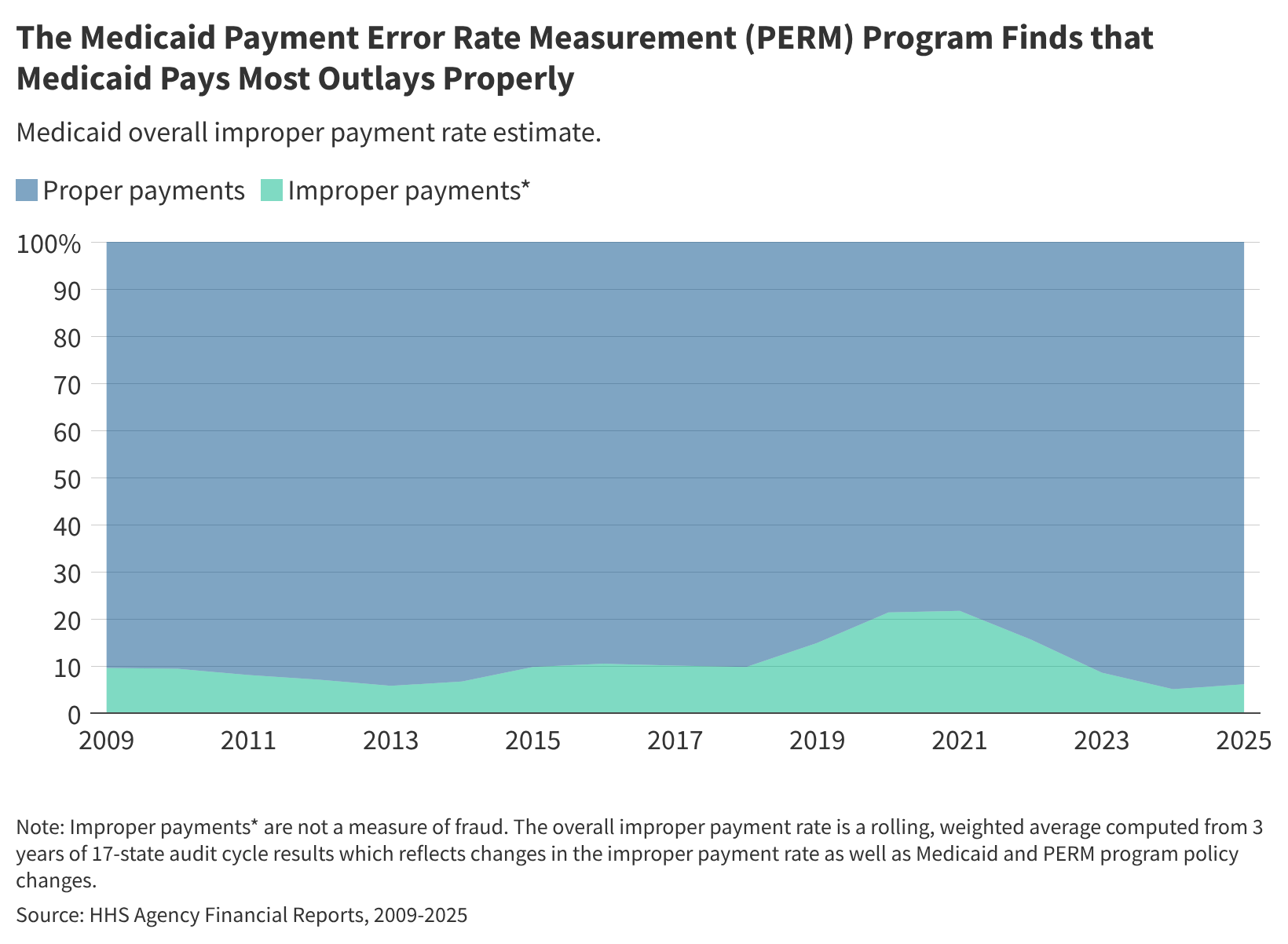Stellarus, a Blue Shield of California sister company that was spun out in January, is banding together with two Blues plans to power health tech innovation and help nonprofit health plans stay on the cutting edge of technology.
Hawaii Medical Service Association and Blue Cross and Blue Shield of Kansas have joined Stellarus as co-founders. The two Blues plans, along with Blue Shield of California, are early adopters of the company’s AI-powered platform.
As co-founders, Hawaii Medical Service Association and Blue Cross and Blue Shield of Kansas have ownership and governance roles, including board participation and influence on which capabilities are created as early adopters of Stellarus’ platform.
The plans are focused on using Stellarus’ tech platform to improve the member experience, automate processes like prior authorization and provide AI tools to boost efficiency, executives said.
Stellarus was created in January when Blue Shield of California announced a new corporate structure. A new nonprofit organization, called Ascendiun, now serves as the parent company to Blue Shield and also oversees its clinical services firm, Altais, as well as Stellarus, a division focused on scaling healthcare solutions.
The insurer said in January that Stellarus will initially work to enhance innovative programs that already exist at Blue Shield with the goal of sharing the insights with other payers in the future. For example, the announcement specifically names its Pharmacy Care Reimagined model, in which Blue Shield shifted from a traditional pharmacy benefit management relationship to one that leans on multiple companies to drive savings and greater transparency.
Stellarus is a health solutions company that provides the tech backbone and digital capabilities for nonprofit, community and regional health plans, said Vanessa Colella, president and CEO of Stellarus.
Colella joined the company just seven weeks ago and previously held global leadership roles in innovation and digital partnerships at Visa and Citi.
Stellarus’ unique technology model is designed to enable plans to automate and improve operations, reduce costs, and enhance member experiences. The health tech company enables health plans of all sizes to leverage modern technology and artificial intelligence to improve the way they serve their members.
“Having spent a lot of time in technology, it’s very easy to fall behind on the technology curve, especially for companies that don’t have giant pocketbooks and giant margins,” Colella said in an interview with Fierce Healthcare. “There are 100 million Americans who are covered by Blues plans, nonprofit plans and community healthcare plans. Those aren’t the kinds of companies that have deep pockets to stay on the cutting edge of technology, but their members and their providers deserve that same kind of technology infrastructure to improve quality of care, to make sure that costs are going down, not up.”
Stellarus aims to partner with other health plans to give them access to the innovation platform that Blue Shield had spent years building and assembling, including elements like its Experience Cube, a data hub built in collaboration with Microsoft, and digital health record that provides longitudinal health data for every member.
The Experience Cube, originally built at Blue Shield of California, combines 60 data sets, ranging from clinical health and social demographic information to provider, billing and claims data, into a unified data hub for health plans, according to the company.
Building technology infrastructure independently can be prohibitively expensive, and integrating advanced digital and AI capabilities also requires deep investments. As healthcare organizations rapidly adopt AI, there is the potential for this tech wave to create “haves and have nots” as health plans with fewer resources will be left behind, Colella noted.
“There’s a recognition that the costs for developing technology and deploying the latest in artificial intelligence are becoming insurmountable for small plans. The idea of Stellarus is to say, ‘We can build something once and then we can deploy that technology for multiple plans across the country,’ and that’s appealing both because it’s mission-driven and because it addresses some of the insurmountable cost issues,” she said.
“As I look at the healthcare landscape in the U.S., we’re not lacking for ideas. We’re not lacking for many people who are interested in making things better,” she added.
But tech implementation costs are often a high hurdle for many health plans. “Oftentimes these nonprofit and regional plans are running on technology stacks that aren’t modular, they’re not the most modern stacks. That integration bit is very difficult. Even when they have the vision and the mission and they see new technology, getting it connected is a big hurdle,” she said. “At Stellarus, what we do every day is think about, how do we do what we’ve done at Blue Shield, which is make it easier to connect to cutting-edge technology. That is an important part of this, because we know there are great ideas out there, we want to bring those ideas to nonprofit and regional plans around the country.”
Stellarus is able to deploy a platform that’s already built to give health plans scale, data sophistication and member experience capabilities. Health plans can use Stellarus’ technology to automate call centers, power real-time prior authorization, access a longitudinal health record to more effectively close care gaps and personalize the member experience, executives said.
Access to advanced technology also helps to drive administrative cost savings, reduce healthcare costs and improve care, while also enabling nonprofit health plans to more effectively compete with the big national, for-profit health plans that have historically outspent them on digital transformation, executives noted.
For over 80 years Hawaii Medical Service Association, Blue Cross and Blue Shield of Kansas and Blue Shield of California have each operated as independent, not-for-profit health plans focused on serving the unique needs of their markets.
“The people of Hawaii deserve world-class care,” said Mark Mugiishi, M.D., president and CEO of Hawaii Medical Service Association in a statement. “Given Hawaii’s size and geographic position, we are better off if we enhance our ability to innovate and grow our technological capacities by investing in Stellarus with like-minded, mission-driven, not-for-profit health plans that are trying to accomplish the same things and solve the same problems. Together, we can achieve remarkable advances and provide the best possible care for our community while remaining uniquely independent and local.”
“Our purpose has always been to care for the people and communities we serve,” said Matt All, president and CEO of Blue Cross and Blue Shield of Kansas in a statement. “By joining Stellarus, we’re investing together with other not-for-profit plans to build something new — a modern, connected system designed to make health care simpler, more affordable and more personal. This collaboration lets us shape innovation on a national scale while keeping the local independence that ensures we never lose sight of the people who count on us.”
Publisher: Source link










